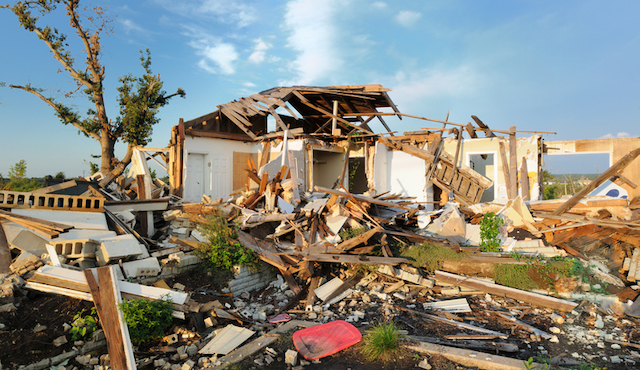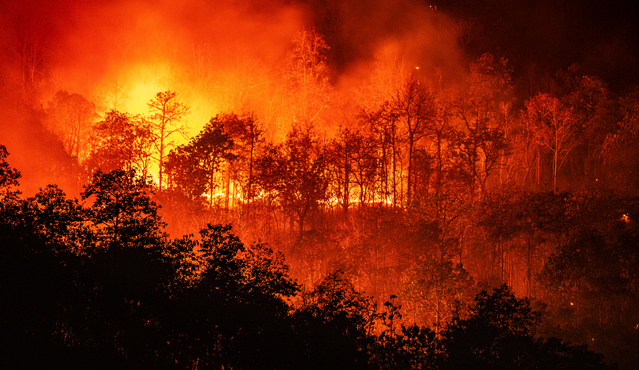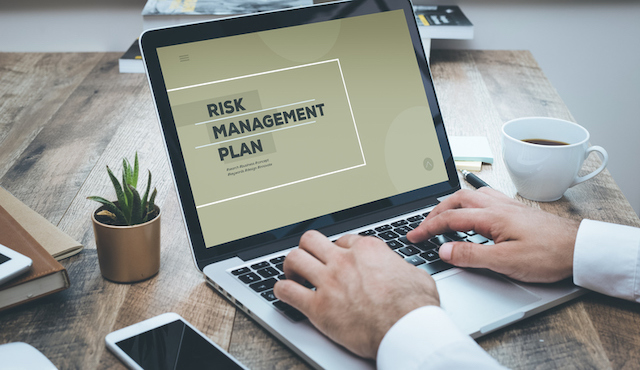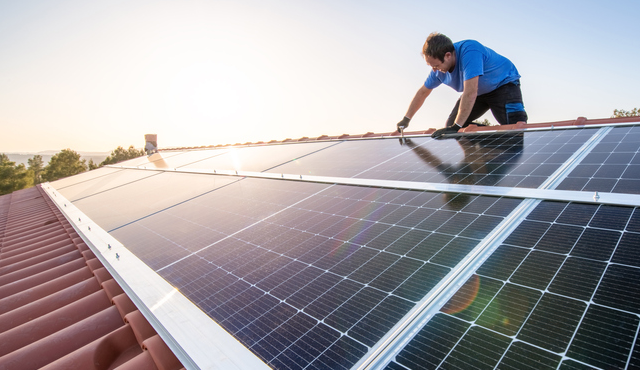By Tracey Hawkins
National Oceanic and Atmospheric Administration's National Centers for Environmental Information reported that, in 2021, there were 18 weather/climate disaster events with losses exceeding $1 billion each.
One of my leading goals as a real estate industry safety expert is to show how safety education and planning can be a tool to grow business and ensure the safety of industry members and communities, reduce liability and increase profits.
Below, I have assembled a panel of subject matter safety experts to provide agents, brokers and consumers with life-saving tips and resources:
Disaster Planning
Coni Meyers, founder of Crisis Knowledge Management Solutions Group, is a leading expert on disaster preparedness for the real estate industry. She is also a former FEMA inspector and trainer. Here are her three top disaster preparedness tips for real estate professionals:
Brokerages need to have an emergency team with a strong leader. It's crucial to form a team that'll work together when there's an emergency. Even if your brokerage is in a small office, you should include other agents or other professionals with whom to work. When determining who should lead your team, choose an individual who can provide calm, flexible, supportive and decisive leadership when there is chaos.
Brokerages need a strong communication plan. Whether communicating with team members, vendors, news media, regulators or clients, a plan will determine who will communicate with who and how the messaging will look. Therefore, it's critical to have consistent and accurate messaging. Additionally, messaging must be clear, authentic and uniform in content.
Agents and brokerages need plans to help their community. Disasters and other crises can create opportunities for agents to shine in their communities. For example, you can participate in food, clothing and supply drives, assist with filling out insurance and FEMA claims, or volunteer to help with cleanup.
Risk Management
Brokers and their agents face risks every day, and that includes when disaster strikes. The role of brokers has expanded, and they have become a primary source of delivering important information to buyers during the home-buying process. Also, as natural disasters become more common, brokers rely more on their partners in the natural hazard disclosure business to pull information from local, state and federal agencies that have identified some of the areas of concern (fire, flood and earthquake).
A proactive broker will implement the following practices, provided by Lori Namazi, founder of Namazi Real Estate Resources, to reduce their exposure:
Advise and Disclose Before, During and After Transactions
- Work with reputable NHD companies with up-to-date reports and resources for clients.
- Lean on your state and local associations to help you provide advisories, so clients can make informed decisions.
- Ensure you provide all legally required disclosures.
- Identify additional resources for clients.
Insurance
- Maintain proper insurance to protect your business assets. Consider Business Continuity insurance, but look at coverage inclusions and exemptions carefully.
- Advocate politically for fairness in insurance policies and premiums.
- Encourage clients to update their insurance coverage levels, and inclusions and exemptions annually to avoid surprises during disasters. Additionally, policy and contact information should be easily accessible.
Physical Office Security
- Retain client and agent records securely, either electronically or physically. In the event of a disaster, you need to be able to access these files.
- If damaged or stolen, file a police report so you have a record of why you no longer have access to these records and notify your insurance company.
- Maintain an inventory of all equipment, with photos, if you need to report a loss to your insurance provider.
- Reinforce the security of your physical office.
IT and Cybersecurity During a Disaster
According to Burton Kelso, chief technology expert at Integral, here are critical tips you need to keep in mind to protect your real estate technology against cyberattacks:
Back It Up
Despite disasters, business must go on and agents must be prepared to complete transactions. Having a back-up of client files helps if a disaster damages, destroys or causes the loss of a laptop or desktop, but it can also help in the event of a cyberattack.
- For Windows and MAC computers, I recommend Carbonite online backup for $83/year.
- Apple users should get iCloud, and Android users should get Google Drive.
Beware of Public Wi-Fi
Public Wi-Fi may be tempting to use in a crisis; however, it is prone to hacking and can jeopardize client information. Invest in a mobile hotspot to stay online; your cell phone may be a hotspot option, or you can buy a mobile hotspot. Agents can continue working securely and on mobile with a cellular connection.
Backup Power
Expect power outages during natural disasters and have a power backup to keep your business running. For example, have a battery backup or generator at your brokerage or home office.
Go Green, Sustain and Be Resilient
Eileen Oldroyd, broker/owner at Oldroyd Realty, tells us that the greenest home is one that has already been built. Existing homes can be upgraded to make them sustainable and, in some cases, more disaster resistant. New homes can be built with sustainable features.
Build with sustainability, resilience and disaster-resistance in mind. Green homes built with the ability to survive disasters is ideal. When a disaster strikes, sheltering in place eases resources, allows the family to be more comfortable and saves the insurance industry money. Sheltering in place is often an option if your house is built sustainably and with disaster resistance in mind.
Agents can be a green resource and help communities survive a disaster. The National Association of REALTORS® Green Designation teaches agents about energy efficiency and sustainability. Agents can be a resource for buyers and get trained to recognize a home with green features. For example, solar panels do not necessarily equate to a green home.
Agents should advise clients on how to deal with damage after disasters; they are the boots on the ground in the real estate industry. Our association or real estate companies can be a disaster preparation area for the community, where members of the community can collect and distribute emergency items, says Oldroyd.
Editor's note: Be sure to check back next week when Housecall publishes Part 2 of this article.
 Tracey "The Safety Lady'' Hawkins is a former agent and a 26-year national safety expert/educator, keynote speaker, safety content subscription creator, writer and a pepper spray/safety product retailer. Catch her at this year's NAR annual conference speaking about safety and lessons learned. Her site is: safetyandsecuritysource.com.
Tracey "The Safety Lady'' Hawkins is a former agent and a 26-year national safety expert/educator, keynote speaker, safety content subscription creator, writer and a pepper spray/safety product retailer. Catch her at this year's NAR annual conference speaking about safety and lessons learned. Her site is: safetyandsecuritysource.com.












